We’ve all been there, wondering how many protein shakes a day we should drink to gain muscle. As fitness enthusiasts, we know the importance of protein in our diets, but finding the right balance can be tricky. We’ve experimented with different approaches over the years, and we’re here to share our insights on how to optimize your protein intake for muscle growth.
In this article, we’ll explore the role protein shakes play in muscle recovery and growth. We’ll also dive into how to make the most of your protein shakes for muscle gain and point out some common mistakes to avoid. Whether you’re just starting your fitness journey or you’re a seasoned gym-goer, we’ve got you covered with practical advice to help you achieve your muscle-building goals.
The Role of Protein in Muscle Recovery and Growth
We’ve all been there—feeling sore and tired after an intense workout. But have you ever wondered why protein is so crucial for muscle recovery and growth? Let’s dive into the science behind it and explore how protein helps us build stronger, leaner muscles.
Protein is found in every cell and tissue in our bodies, playing a vital role in muscle growth by helping repair and maintain muscle tissue. When we exercise, especially during resistance training, we create tiny tears in our muscle fibers. This might sound alarming, but it’s actually a good thing! These micro-tears stimulate muscle growth and strength gains.
Repairing Muscle Damage
After a tough workout, our bodies go into repair mode. This is where protein comes in handy. When we eat protein, it’s broken down into amino acids, which are the building blocks our bodies use to repair and rebuild muscle tissue. These amino acids are involved in many processes, including tissue growth and repair, immune function, and energy production.
I remember when I first started weightlifting, I was surprised by how sore I felt the next day. That’s when I learned about the importance of post-workout protein intake. By consuming protein within 30 minutes after exercise, we can help jumpstart the recovery process and reduce muscle soreness.
Supporting Hypertrophy
Hypertrophy, or the increase in muscle size, is a key goal for many of us looking to build muscle. Protein plays a crucial role in this process. To build muscle, we need to consume more protein than what’s broken down in our bodies. This is often referred to as a net positive nitrogen balance, as protein is high in nitrogen.
Research has shown that protein intakes ranging from 0.5 to 3.5 g per kg of body weight can support increases in lean body mass. However, the benefits seem to plateau at around 1.6 g per kg of body weight per day when combined with resistance training.
Enhancing Strength Gains
Protein doesn’t just help with muscle size; it’s also crucial for enhancing strength gains. A 2022 meta-analysis concluded that higher protein intakes of around 1.5 g per kg of body weight daily, when paired with resistance training, are optimal for improving muscle strength.
To give you a better idea of how much protein you might need, here’s a quick chart based on body weight (assuming each protein shake contains 20g of protein):
|
Body Weight (kg) |
Daily Protein Need (g) |
Protein Shakes per Day |
|---|---|---|
|
50 |
75-80 |
2-3 |
|
70 |
105-112 |
3-4 |
|
90 |
135-144 |
4-5 |
|
110 |
165-176 |
5-6 |
Remember, these are general guidelines, and your individual needs may vary based on factors like age, activity level, and fitness goals.
It’s worth noting that while protein shakes can be convenient, whole-food sources of protein are also excellent options. They provide additional nutrients that support overall health and recovery. For instance, we’ve found that consuming protein-rich whole foods after exercise not only stimulates muscle protein synthesis but may also improve overall diet quality.
In our experience, timing is also crucial. The “anabolic window” suggests that protein intake within an hour of exercise has the greatest influence on resistance training adaptations. This doesn’t mean you need to rush to chug a protein shake immediately after your workout, but it’s something to keep in mind when planning your meals and snacks.
By understanding the role of protein in muscle recovery and growth, we can make informed decisions about our nutrition to support our fitness goals. Whether you’re just starting your fitness journey or you’re a seasoned gym-goer, paying attention to your protein intake can make a significant difference in your results.
Optimizing Protein Shake Usage for Muscle Gain
We’ve learned a lot about optimizing protein shake usage for muscle gain over the years, and we’re excited to share our insights with you. Let’s dive into the key aspects of making the most of your protein shakes.
Quality vs. Quantity
When it comes to protein intake, it’s not just about how much you consume but also the quality of the protein. We’ve found that the amino acid profile of the protein is crucial. Our bodies need all nine essential amino acids, which we can only get from our diet.
From our experience, animal proteins are generally rich in all the essential amino acids and are easily absorbed by our bodies. However, if you’re following a plant-based diet, you might need to be more mindful of your protein sources. Plant proteins often lack certain essential amino acids and have lower bioavailability due to their high fiber and phytate content.
In terms of quantity, research suggests aiming for 1.2 to 2.2 grams of protein per kilogram of body weight daily for strength training. For example, if you weigh 70 kg, you’d need about 126 grams of protein per day. We’ve found that this range works well for most people, but remember, individual needs may vary.
Spreading Protein Intake Throughout the Day
One mistake we used to make was consuming all our protein in one or two large meals. However, research has shown that spreading protein intake throughout the day is more effective for muscle growth and recovery.
Studies suggest that four to five portions of protein per day are optimal for muscle building. Each portion should be about 20 grams, or more specifically, 0.4 grams of protein per kilogram of body weight. For someone weighing 70 kg, that’s about 28 grams per meal.
Here’s a personal anecdote: When I started spreading my protein intake more evenly throughout the day, I noticed a significant improvement in my muscle recovery and overall energy levels. It made a real difference in my training results.
Remember, these are general guidelines. Your individual needs may vary based on factors like activity level and overall diet.
Combining Protein with Carbohydrates
We’ve found that combining protein with carbohydrates can be beneficial for muscle gain. While protein provides the building blocks for muscle, carbs play a crucial role in energy provision and recovery.
Carbohydrates help replenish glycogen stores, which are depleted during intense workouts. This is important because training in a low-glycogen state can affect not only the muscle-building process but also overall training results.
We’ve had success with a combination of low and high glycemic index (GI) carbs. Low GI carbs, like sweet potatoes and oatmeal, provide sustained energy throughout the day. On the other hand, high GI carbs, such as white pasta or bagels, can be beneficial after hard or prolonged training to support rapid glycogen recovery.
In our experience, consuming a mix of protein and carbs post-workout has been effective in limiting post-exercise breakdown and promoting growth. However, it’s worth noting that some studies show no additional benefit to combining carbs and protein compared to protein alone for muscle protein synthesis.
Common Mistakes When Using Protein Shakes
We’ve all been there—excited about our fitness journey and eager to see results. But in our enthusiasm, we sometimes make mistakes when it comes to using protein shakes. Let’s dive into some common pitfalls we’ve observed and experienced ourselves.
Relying Too Heavily on Shakes
One of the biggest mistakes we see is people relying too heavily on protein shakes. While these supplements are convenient and effective, they shouldn’t replace whole food sources of protein in your diet. We’ve learned that many essential nutrients are found in whole foods, providing a range of health benefits beyond just protein content.
I remember when I first started my fitness journey, I thought more protein shakes meant faster results. I was having three to four shakes a day! But I quickly realized I was missing out on the variety and nutrients that whole foods offer. Now, I limit myself to one or two shakes a day at most.
It’s crucial to remember that protein shakes are supplements, not food replacements. The most we’d recommend to an average person is two per day because anything beyond that point is going to cut into your diet in a negative way.
Ignoring Other Macronutrients
Another common mistake is focusing solely on protein and ignoring other essential macronutrients. We’ve found that a balanced approach to nutrition is key to overall health and fitness goals.
Carbohydrates, for instance, play a vital role in our bodies. They provide fuel for high-intensity exercise and energy for our central nervous system, including our brain. We should aim to get between 45% and 65% of our calories from carbohydrates, preferably from healthy sources like whole grains, beans, vegetables, and fruits.
Fat is equally important. Our bodies need fat for essential fatty acids, cell wall components, energy, and absorbing fat-soluble vitamins. We should try to get 20% to 35% of our total daily calories from fat, focusing on healthy sources like olive oil, avocados, nuts, and seeds.
Overlooking Micronutrient Needs
While we’re often focused on macronutrients, it’s easy to overlook our micronutrient needs. Protein shakes might fill us with protein, but they don’t contain all the other nutrients our bodies need from whole foods.
Micronutrients include water-soluble vitamins, fat-soluble vitamins, and minerals. These are essential for various bodily functions, from maintaining a healthy immune system to supporting bone health. A balanced diet normally provides all the minerals our body needs, which is why relying too heavily on protein shakes can lead to deficiencies.
Remember, these are general guidelines. Your individual needs may vary based on factors like activity level and overall diet. The key is to use protein shakes as a supplement to a balanced diet, not as a replacement for whole foods.
By avoiding these common mistakes, we can make the most of our protein shakes while maintaining a balanced, nutrient-rich diet that supports our fitness goals and overall health.
Final Thoughts – How Many Protein Shakes Do You Need?
Protein shakes can be a valuable tool to support muscle gain, but they’re just one piece of the puzzle. The key is to strike a balance between protein shakes and whole food sources, ensuring you get a mix of essential nutrients. Remember, your protein needs depend on factors like your body weight and activity level, so it’s crucial to tailor your intake accordingly.
At the end of the day, consistency in your diet and training routine is what truly makes a difference. I’ve found that by focusing on overall nutrition and using protein shakes as a supplement rather than a replacement, I’ve seen better results in my muscle-building journey. Whether you choose to have one shake a day or two, what matters most is that you’re meeting your total protein needs and supporting your body with a well-rounded diet.
FAQs
Is consuming three protein shakes daily excessive?
Consuming protein in 3-4 evenly distributed doses throughout the day is recommended due to the ongoing muscle tissue breakdown and synthesis. These doses can be through meals or shakes, depending on your total daily protein requirement.
Can I have two protein shakes a day to help with muscle building?
Yes, one to two protein shakes a day can be beneficial if you struggle to meet your protein needs through food alone, especially when aiming to build muscle mass and strength or lose weight.
Would two protein shakes per day be too much?
The appropriateness of two protein shakes per day depends on your total daily protein needs and dietary intake. If you already consume a protein-rich diet, two shakes might be excessive. However, if your diet lacks sufficient protein, two shakes could help you achieve your nutritional goals.
Is it okay to drink three protein shakes a day to gain weight?
For weight gain, it’s crucial to consume protein shakes in addition to regular meals, not as replacements. Depending on your overall diet and caloric needs, you can include multiple protein shakes daily to help increase your protein intake.







